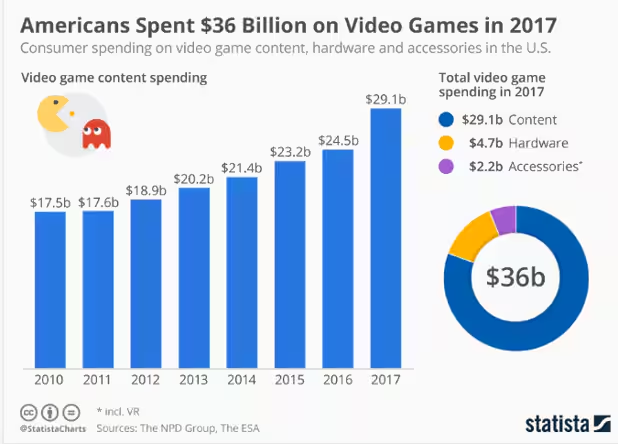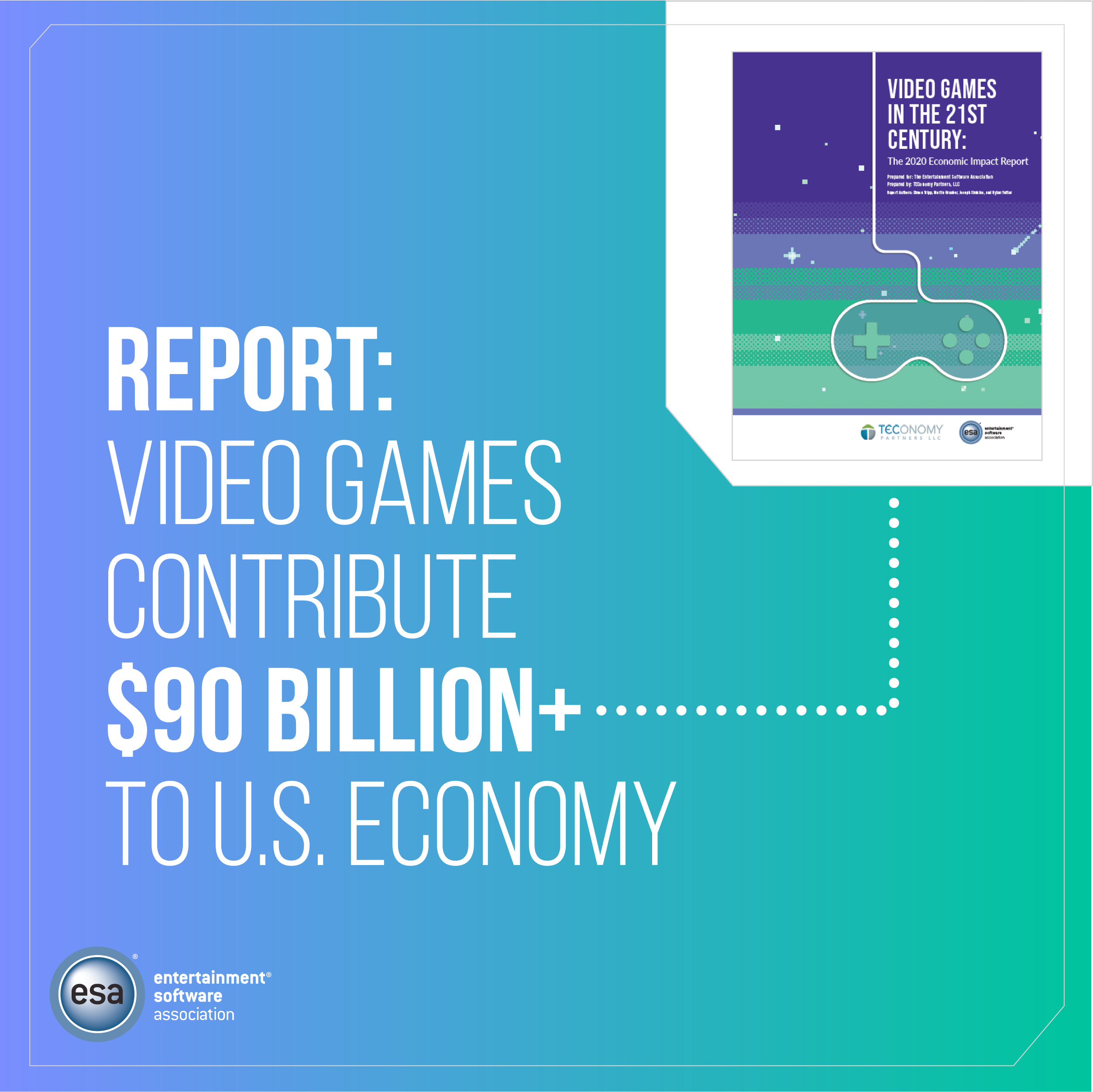Discover how the booming video game industry contributes billions to the global economy, drives innovation, and creates millions of jobs worldwide.

The video game industry has evolved from a niche entertainment sector into a global economic powerhouse. Thanks to technological innovation, shifting consumer behaviors, and digital distribution, video games now rival—and often surpass—traditional media in revenue and cultural impact.
In this post, we’ll explore how the video game industry impacts the economy, from job creation to technological advancement, and why its growth matters for the future.
Revenue Growth
One of the video game industry’s most direct influences on the economy is its massive revenue generation. In 2024, the global video game market surpassed $200 billion, outpacing film and music combined. Key contributions included Game sales, in-game purchases, Mobile gaming, and Subscription services like Xbox Game Pass and PlayStation Plus. This growth fuels broader economic activity, from tech infrastructure to marketing agencies, and contributes significantly to GDP in countries like the U.S., Japan, South Korea, and China.
Job Opportunities

The gaming industry supports millions of jobs worldwide, including Game developers and programmers, artists, animators, voice actors, marketing managers, esports professionals, and streamers. According to the Entertainment Software Association, the video game industry supports over 428,000 U.S. jobs and contributes more than $90 billion annually to the U.S. economy alone.
Tech Innovations

Another major economic impact of the video game industry lies in technological innovation. The push to create immersive and responsive gaming experiences has driven advancements in artificial intelligence, real-time graphics rendering, virtual and augmented reality (VR/AR), and cloud-based gaming platforms. Many of these technologies are now being adopted in other industries, such as healthcare, education, defense, and automotive simulations—showing how innovations born in gaming have real-world applications and economic value far beyond entertainment.
Streaming

Esports tournaments and game streaming platforms like Twitch and YouTube Gaming have become billion-dollar ecosystems. Top streamers earn significant income, and major brands now invest in gaming sponsorships and advertising, reshaping digital marketing strategies.
These platforms not only generate ad revenue but also boost hardware sales, internet service upgrades, and peripheral markets (keyboards, headsets, chairs).
Global Reach
Games are digital exports that can be sold worldwide without traditional shipping costs. Countries investing in game development (Canada, South Korea, and Poland) see increased foreign revenue and improved international visibility.
The rise of indie game developers and platforms like Steam, Epic Games Store, and mobile app stores has democratized access to global markets, further boosting small businesses.
The video game industry is no longer “just for kids” or a fringe market. It is a major economic force that continues to expand its influence on jobs, innovation, entertainment, and global trade. With its trajectory, the industry is poised to be a key driver of the digital economy in the decades ahead.
Grand Theft Auto is a popular gaming franchise that creates shockwaves whenever Rockstar releases a new game. Take a look at our last blog post, “GTA 6 and Its Massive Effect on Game Growth“, to see how video games affect the economy.








Leave a Reply